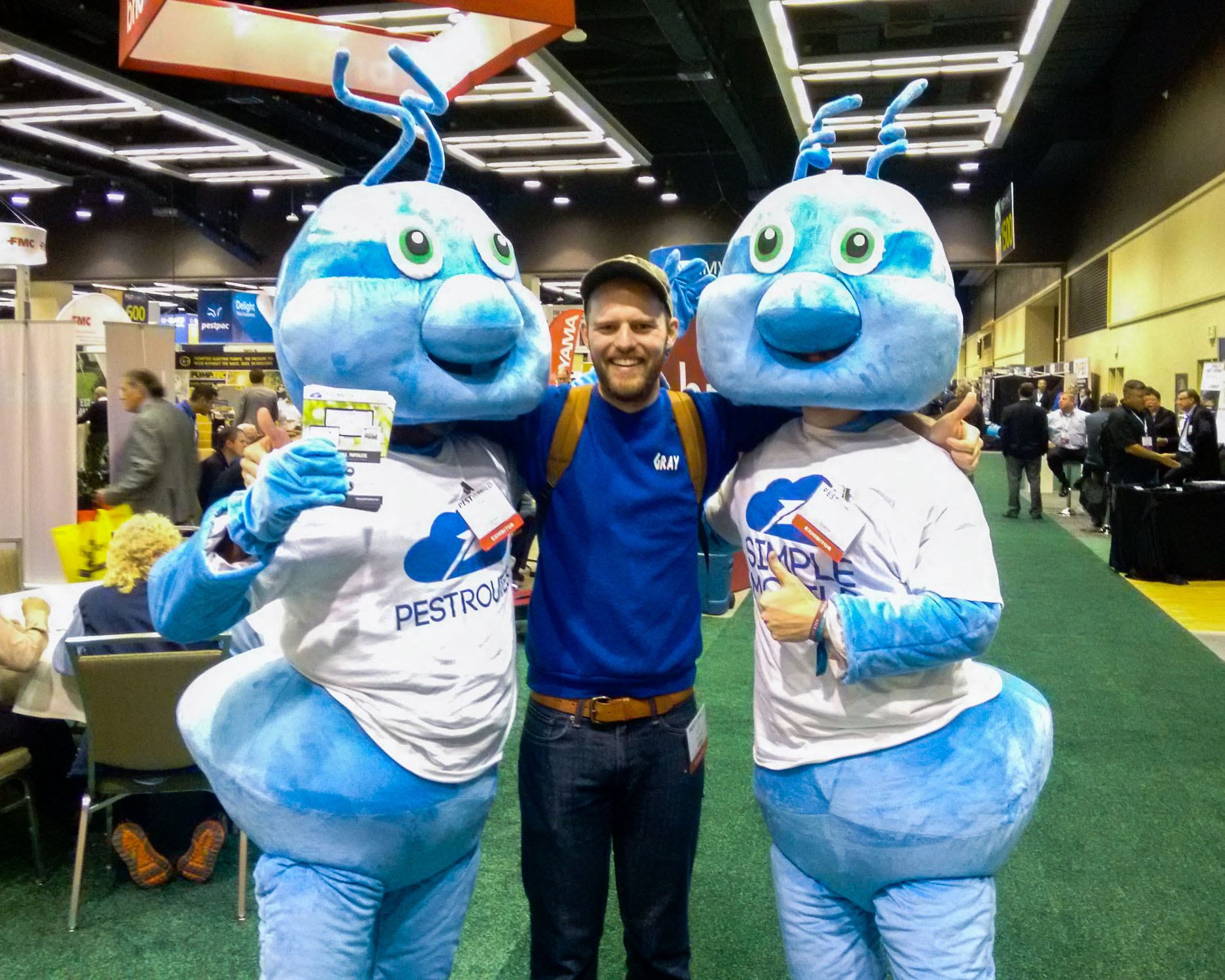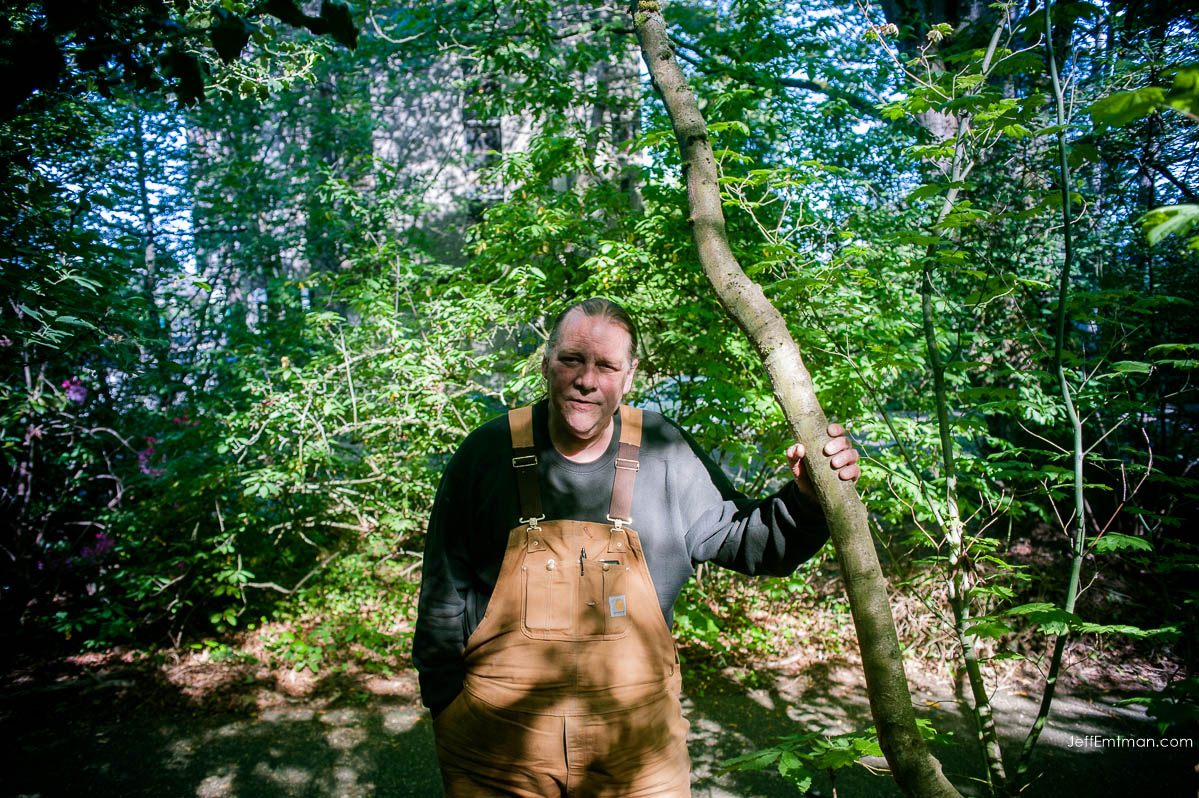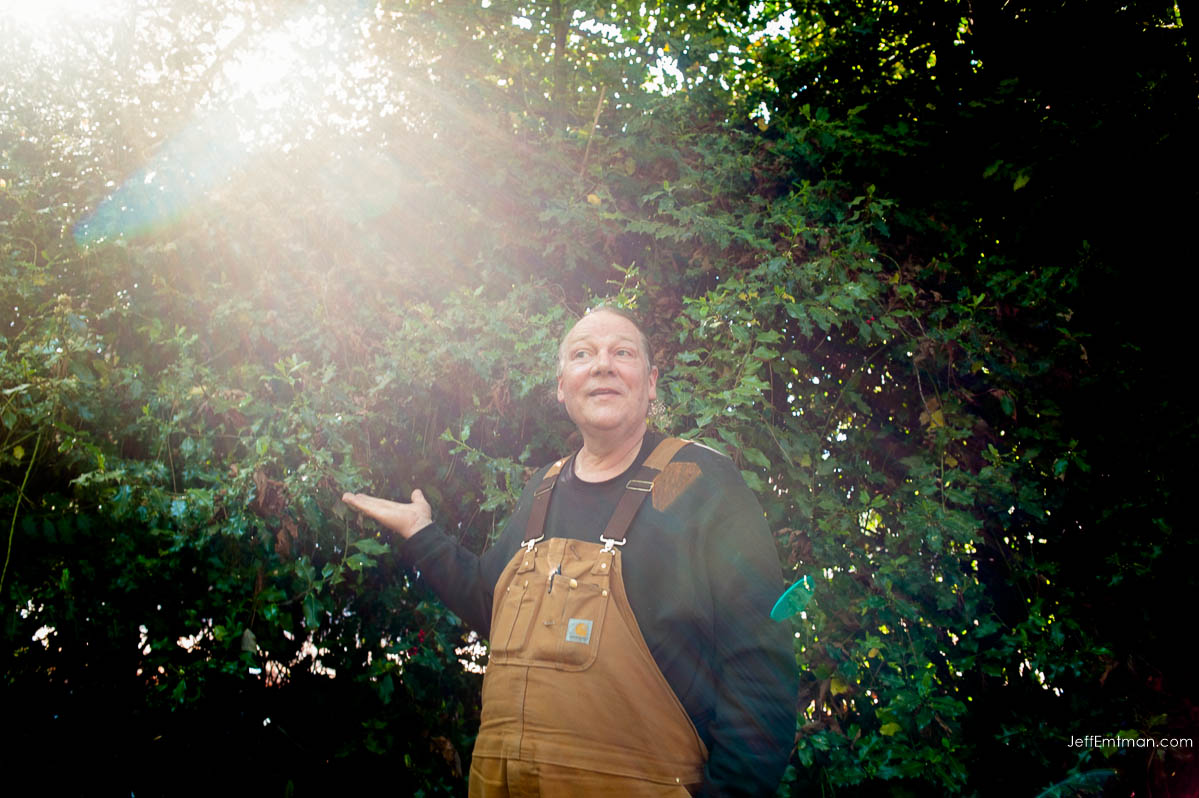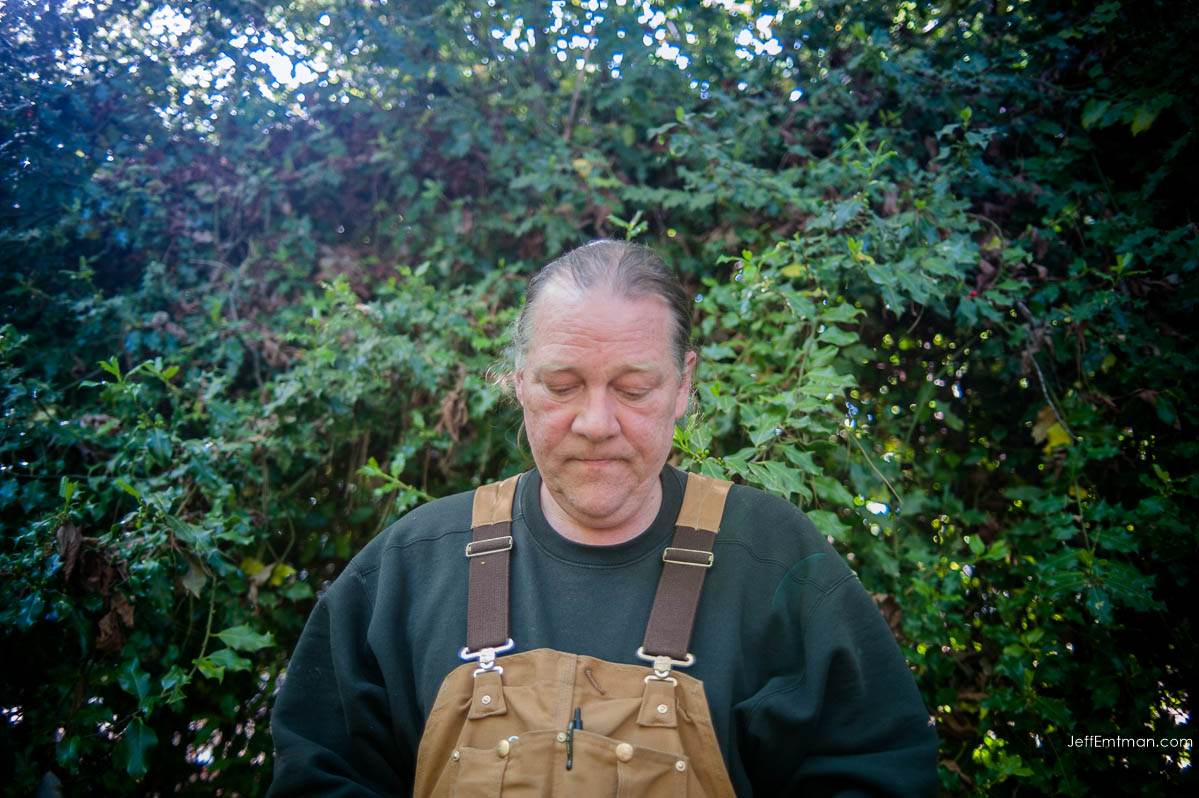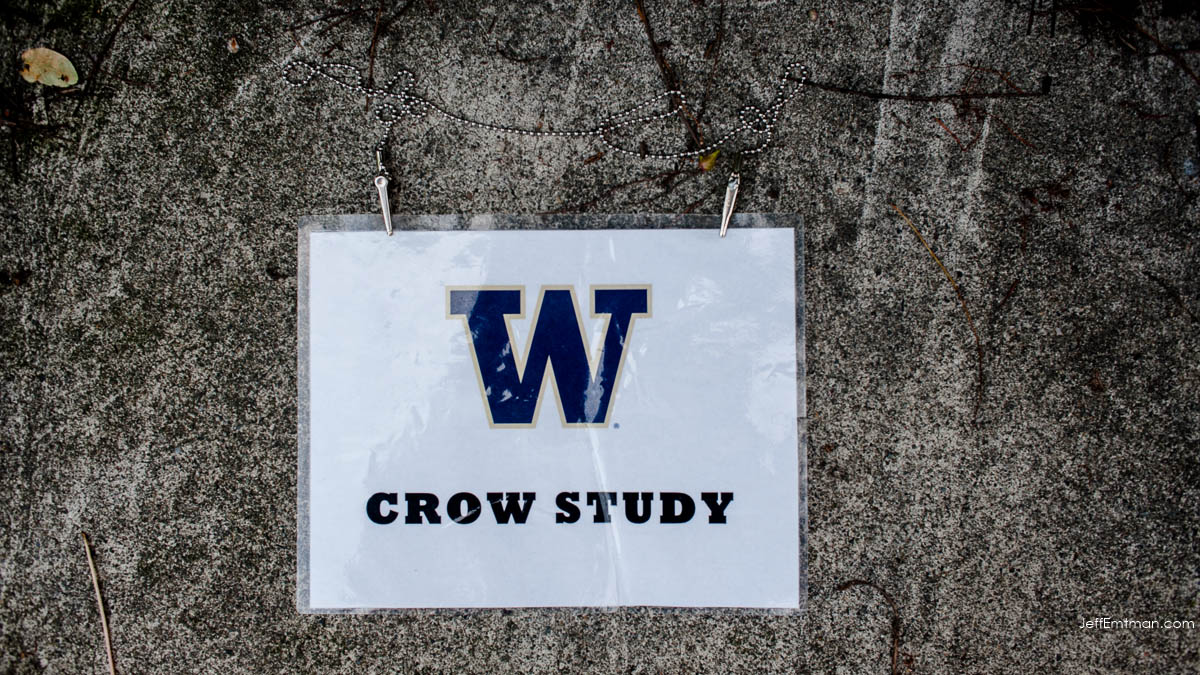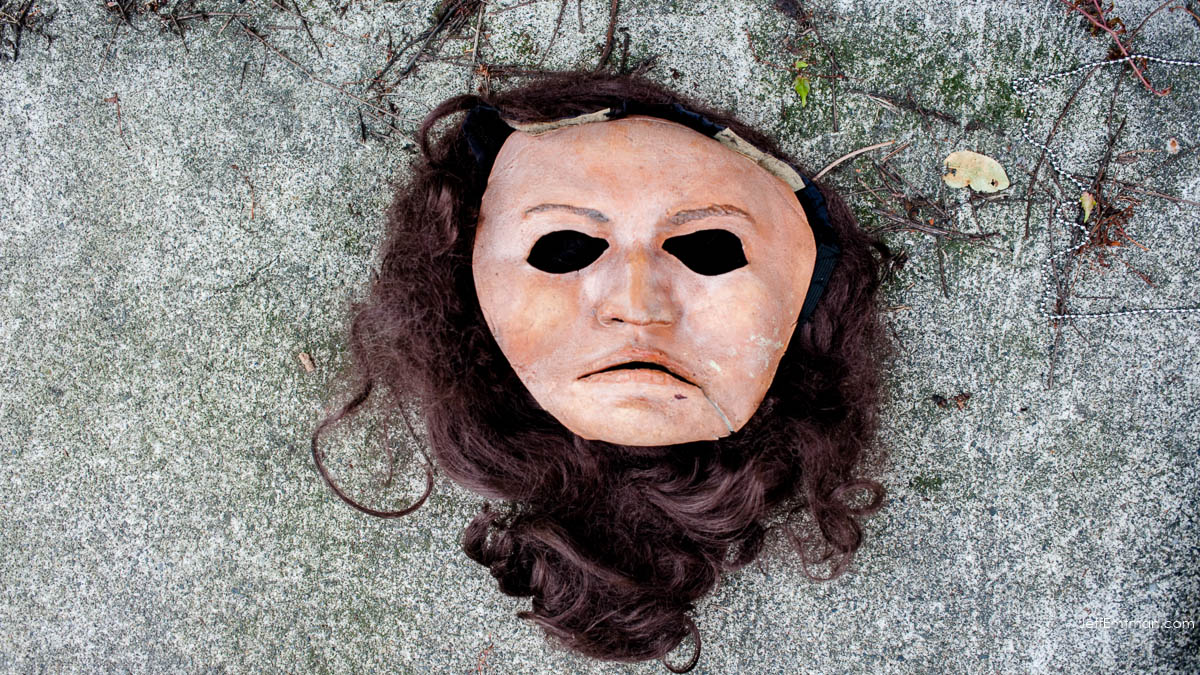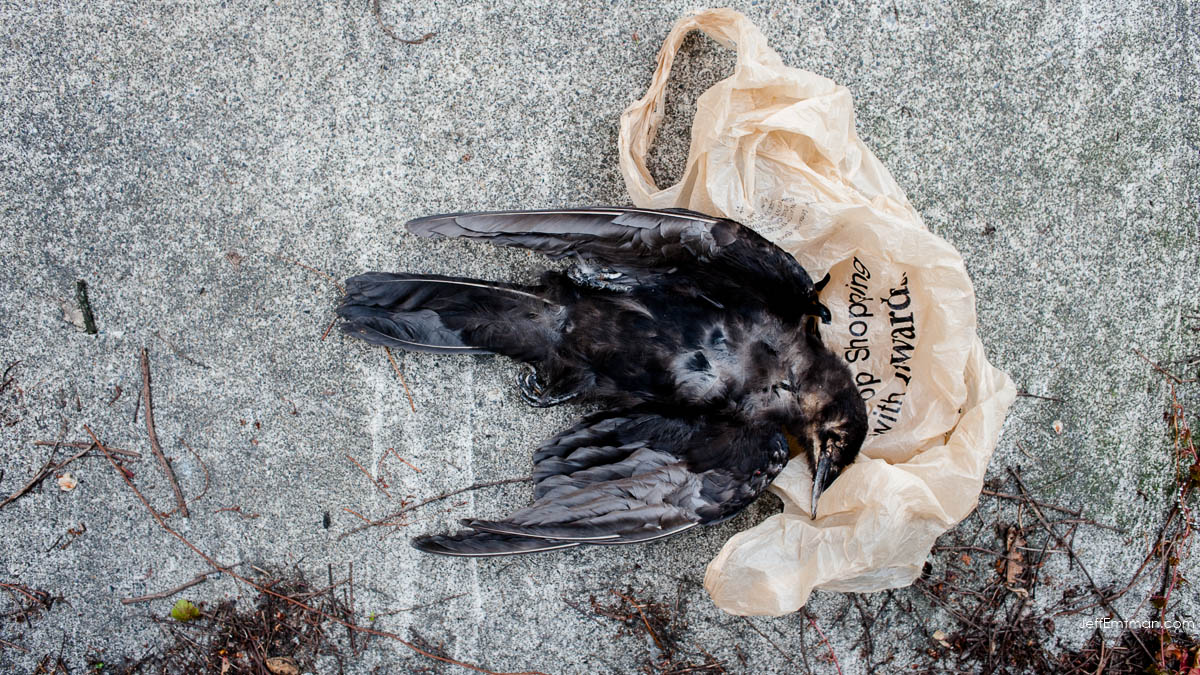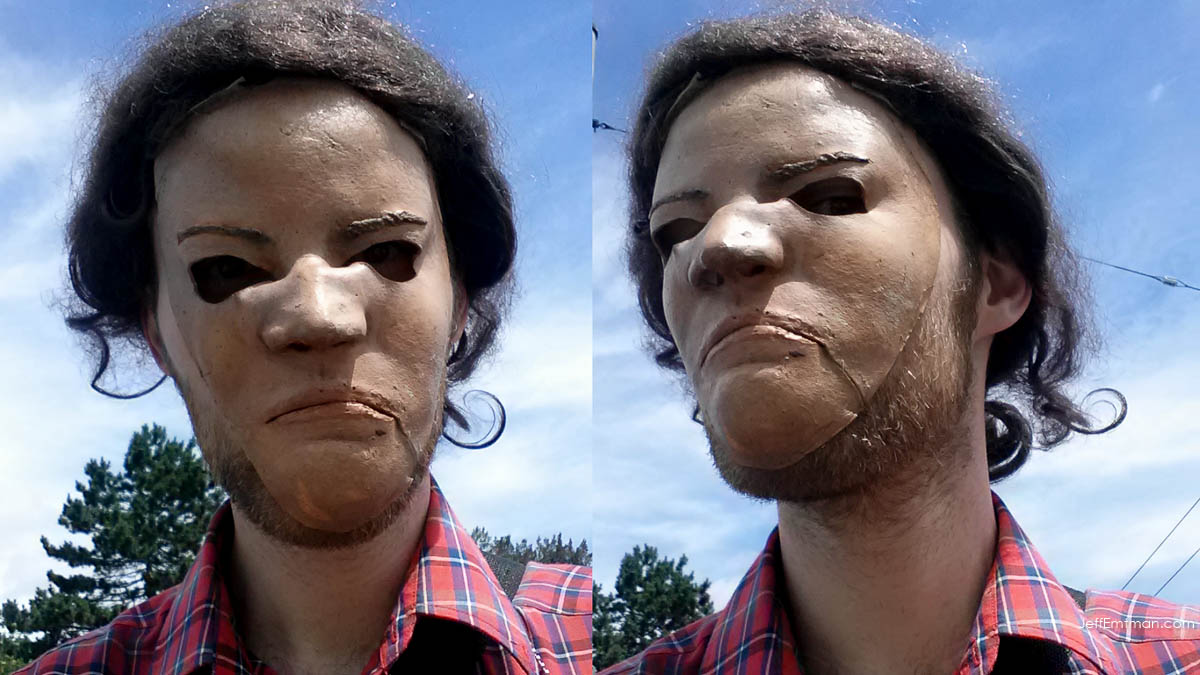HBM067: Dispatches From PestWorld 2016
/Pestworld 2016 in Seattle, Washington. Photo by Jeff Emtman.
Feeling anxiety about the American presidential election, HBM host Jeff Emtman took a trip to a place he hoped to be insulated from politics: PestWorld 2016, the largest American gathering of pest management professionals. Jeff has always liked bugs and pest animals, so it was a miniature vacation.
He talked with the following attendees about the tools and the philosophy of pest management:
Rose Eckhart of ZappBugg bed bug heaters
Carlita Turk of TAP Pest Control Insulation
David Walters of HY-C Home Solutions
Evan Bruce of Heat Assault glycol bed bug products
Roger Johnson and Evan Church of Pest Routes
Sheree Swindle of Bed Bug Mutts with Lily Loo
Bill Robinson of B&G Curtis Dyna-Fog sprayers and foggers
Alan Huot of Wildlife Control Supplies outfitter for wildlife professionals
Jeff Emtman produced this episode with help from Bethany Denton and Nick White.
Rose Eckhart of ZappBug explains the basics of bedbug infestations.
The Golden Eagle mosquito fogger from Curtis Dynafog.
Alan Huot of Wildlife Control Supplies demos wildlife baits.






